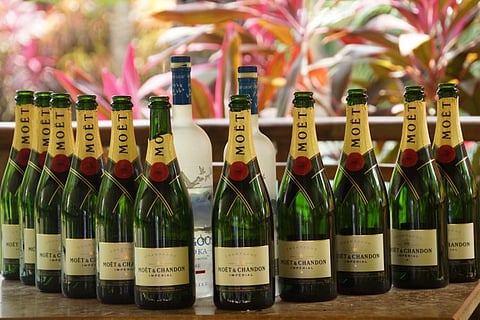
- News
- Columns
- Interviews
- Law Firms
- Apprentice Lawyer
- Legal Jobs
- हिंदी
- ಕನ್ನಡ

The Madras High Court’s call for the Bar’s views on whether the state can be held liable for alcohol-related crimes prompted an interesting discussion in Justice N Anand Venkatesh’s courtroom on Thursday afternoon.